Families feel relieved, and no doubt apprehensive, when a loved one who suffers from alcohol or drug abuse finally agrees to seek treatment. The beginning of recovery is a long-awaited and long-feared event. On the one hand, family members feel hopeful that their loved one finally will have a chance at restoring physical, mental and emotional health, but on the other hand, they don’t know what to expect. They have experienced anger, sadness, fear, depression and anxiety while the ordeal of drug or alcohol abuse has unfolded. They may have a misguided notion that once the alcoholic or addict completes treatment, family life will be trouble free. In truth, family members play a vital role in the recovery process. They, too, benefit from treatment. They will learn the facts about addiction and gain insight into their own role in the family drama. Alcoholism and drug addiction are family diseases, and recovery is a family process, too.
Family Treatment Helps Restore Relationships
When an addict or alcoholic begins treatment, it’s as if someone blew a family whistle and shouted, “Okay! Everybody out of the pool!” Even though the family situation has been in turmoil, at least it is familiar turmoil. When all the rules changes, everyone in the family needs support to understand what is happening in recovery. Despite the hurt and anguish that has occurred, most family members long for a restored, loving relationship. Willingness to participate in recovery treatment is a step in the right direction. Family treatment helps parents and siblings learn communication skills that will build up instead of tear down. Family members will learn to take responsibility for themselves and to detach from emotional involvement in the problems of others. Addiction is a progressive illness, and recovery is a progressive solution. Families can learn tools to rebuild relationships as part of the solution.


Recent Comments